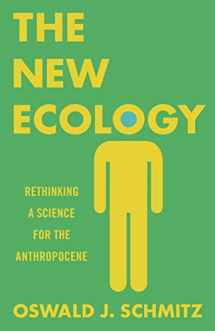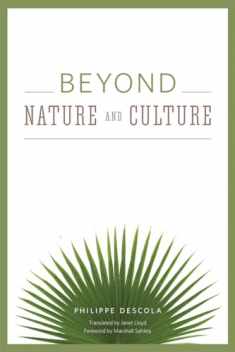
The New Ecology: Rethinking a Science for the Anthropocene
Book details
Summary
Description
How the science of ecology is changing to meet the daunting challenges of environmental sustainability
Our species has transitioned from being one among millions on Earth to the species that is single-handedly transforming the entire planet to suit its own needs. The New Ecology shows how today’s ecology can provide the insights we need to appreciate the crucial role we play in this era of unprecedented global environmental transition. Oswald Schmitz describes how the science of ecology is evolving to provide a better understanding of how human agency is shaping the natural world, often in never-before-seen ways. The new ecology emphasizes the importance of conserving species diversity and envisions humans taking on new roles as thoughtful stewards of the environment. It offers the ecological know-how to maintain and enhance our planet’s environmental performance and ecosystem production for the benefit of current and future generations. Informative and engaging, this book provides the best available introduction to what this new ecology is all about―and why it matters more than ever before.


We would LOVE it if you could help us and other readers by reviewing the book
Book review





